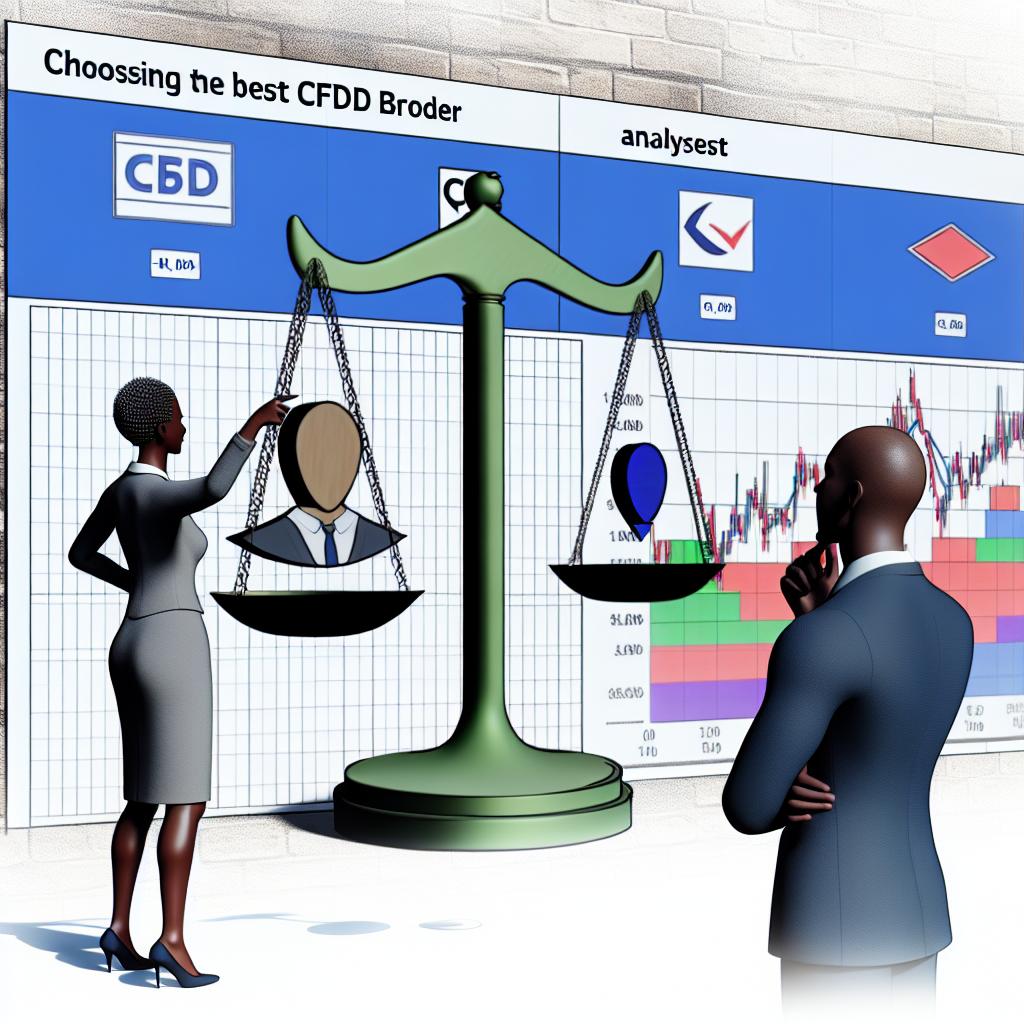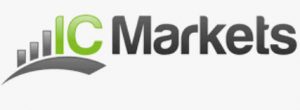Understanding CFD Brokers
When considering trading Contracts for Difference (CFDs), a crucial decision is selecting the right broker. The right choice can significantly impact your trading experience and success. A broker acts as an intermediary between you and the market, providing the platforms, tools, and resources needed for executing trades. This expanded guide aims to provide an in-depth understanding of the various aspects to contemplate when selecting a CFD broker, ensuring that traders are well-equipped to make informed choices.
Regulation and Security
An essential criterion in choosing a CFD broker is its regulatory status. Ensuring that your broker is regulated by a recognized financial authority should be a priority. Regulatory bodies such as the Financial Conduct Authority (FCA), Australian Securities and Investments Commission (ASIC), and U.S. Commodity Futures Trading Commission (CFTC) enforce strict standards to protect investors. These regulatory bodies require brokers to adhere to stringent guidelines related to capital reserves, risk management, and transparency, thereby safeguarding clients’ interests. Choosing a regulated broker ensures your funds are secure and that the broker operates transparently and ethically. It also provides recourse in the event of disputes or malpractices, offering an additional layer of protection and peace of mind for traders.
Trading Platform
Investors must evaluate the trading platform offered by the broker, as a robust, user-friendly platform is vital for efficient trading. Key features to look for include a range of analytical tools, real-time data, and charting capabilities. Popular platforms such as MetaTrader 4 and MetaTrader 5 are widely used due to their comprehensive features and reliability. Some brokers provide proprietary platforms tailored to their specific offerings, which may include unique tools and resources. It’s advisable to test the platform through a demo account to ensure it meets your needs and is compatible with your trading style. This trial period can help you assess the platform’s performance under different market conditions and determine its suitability for your trading requirements.
Cost of Trading
The cost of trading is another critical factor to consider when choosing a CFD broker. Brokers make money through spreads, commissions, and, sometimes, withdrawal fees. Carefully examine the fee structure to understand all costs involved. Some brokers offer competitive spreads but may have higher commissions, while others might provide commission-free trading with wider spreads. It’s essential to balance these costs with the broker’s overall service quality, as the cheapest option may not always be the best. Assessing these costs will help you determine which broker offers the best value for your trading strategy. Consider your trading volume, frequency, and the types of assets you trade most frequently when evaluating these costs.
Leverage and Margin
CFD trading typically involves leverage, allowing you to control larger positions with a smaller amount of capital. Different brokers offer varying leverage levels, and your choice should align with your risk appetite. Higher leverage can amplify both profits and losses, so consider this carefully. Ensure that the broker provides clear information on margin requirements as well. These requirements dictate the amount of capital necessary to maintain a position and can vary between brokers and asset classes. Understanding these terms thoroughly can prevent unexpected margin calls and potential losses, making it crucial to assess leverage levels in conjunction with your risk management strategy.
Range of Markets
Another factor to consider is the range of markets available. A good CFD broker should offer a diverse range of CFDs, including forex, commodities, indices, and stocks. This variety gives you flexibility in your trading strategies and the opportunity to diversify your portfolio. Broader market access allows you to capitalize on various global economic trends and events, reducing reliance on a single market’s performance. Additionally, trading across multiple markets can help mitigate risks associated with market volatility and enhance your ability to identify profitable opportunities, catering to both experienced and novice traders.
Customer Support
Reliable customer support is crucial in case you encounter issues or have queries. The broker should offer multiple channels of communication, such as phone, email, and live chat. A responsive customer support team that is available round the clock is advantageous, especially for traders who operate in different time zones. Rapid and effective resolution of problems can make a significant difference in preserving the trader’s confidence and minimizing potential losses during critical trading moments. Evaluate the quality of support during the trial phase and ensure it meets your expectations for responsiveness, expertise, and professionalism.
Additional Resources
Many brokers provide educational resources, including webinars, tutorials, and market analysis. These resources can be invaluable, especially for novice traders. Opt for brokers who offer comprehensive educational support to enhance your trading skills and knowledge. Continuous learning is vital in the dynamic world of CFD trading, where market conditions and tools evolve. Well-curated educational materials can introduce advanced strategies, risk management techniques, and trading psychology insights, equipping traders to navigate challenges and capitalize on opportunities more effectively.
Conclusion
In conclusion, choosing the best CFD broker requires careful consideration of several factors such as regulation, trading platform, costs, leverage, market range, customer support, and educational resources. Evaluating these aspects will help you make an informed decision, ensuring a safe and efficient trading environment. An informed choice not only maximizes the potential for success but also enhances your overall trading journey through improved service quality and user experience. Engaging with a broker that aligns with your trading goals and preferences can empower you to achieve your financial objectives with confidence and clarity.
This article was last updated on: April 3, 2025







